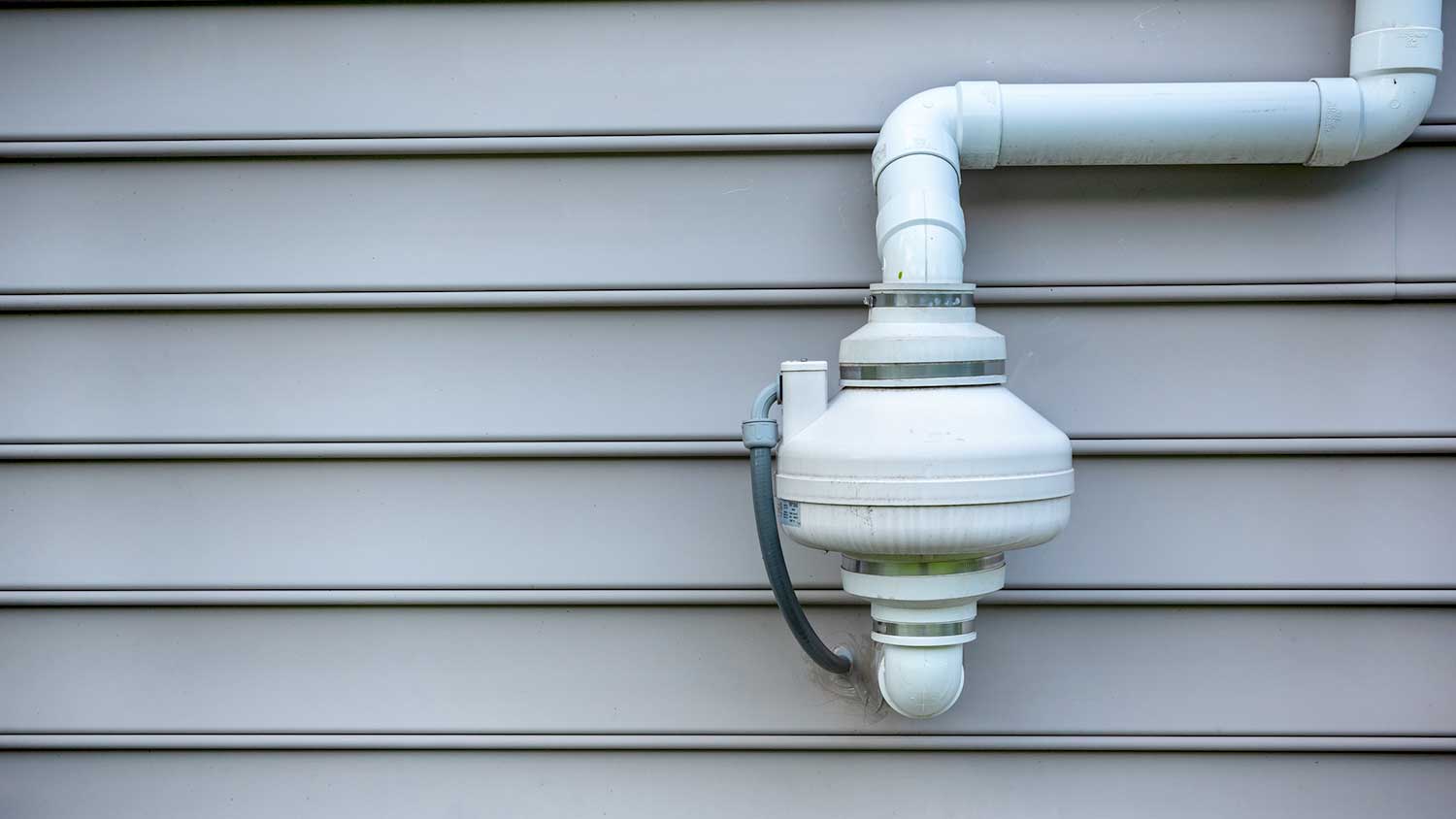
Get matched with top radon detection and reduction specialists in Denver City, TX
Enter your ZIP and get matched with up to 5 pros
Need a pro for your radon detection and reduction project in Denver City, TX?
Find Radon detection and reduction specialists in Denver City

Environmental Testing & Research Laboratories, Inc
Environmental Testing & Research Laboratories, Inc
ETR Laboratories in an analytic laboratory with a broad range of commercial, industrial and individual clients. We provide analytic services using a wide variety of scientific methods including GC/MS, IC/MS, GIR, NMR and SEM equipment. We can do particle analysis, organic and inorganic chemical analysis and micro analysis on biological and other materials. Private water analysis is our specialty. Award winning. Additional DBA - Environmental Testing & Research Laboratories Inc, ETR Labs, ETR Laboratories.
"as advertised"
Nancy C on July 2018
ETR Laboratories in an analytic laboratory with a broad range of commercial, industrial and individual clients. We provide analytic services using a wide variety of scientific methods including GC/MS, IC/MS, GIR, NMR and SEM equipment. We can do particle analysis, organic and inorganic chemical analysis and micro analysis on biological and other materials. Private water analysis is our specialty. Award winning. Additional DBA - Environmental Testing & Research Laboratories Inc, ETR Labs, ETR Laboratories.
"as advertised"
Nancy C on July 2018
The Denver City, TX homeowners’ guide to radon detection and reduction services
From average costs to expert advice, get all the answers you need to get your job done.
 •
•Discover the average indoor air quality testing cost, what impacts pricing, and how to budget for healthier air in your home.
 •
•Find out what impacts radon testing costs, including average prices for DIY kits and professional services, so you can protect your home and budget confidently.

Radon is a gas that you can't see or smell and is harmful to your health. If your home has radon, you need to know who installs radon mitigation systems.
 •
•Find out the average cost of radon fan replacement, key price factors, and ways to save. Get expert tips to budget for your radon mitigation system.

You need to protect your home from radon, but what does a radon mitigation system look like? Check out this radon mitigation system diagram to learn how it works.
 •
•Get clear answers on how much radon remediation costs, including average prices, key cost factors, and tips to save money on your home’s radon mitigation.
- Lovington, NM Radon detection and reduction specialists
- Hobbs, NM Radon detection and reduction specialists
- Sundown, TX Radon detection and reduction specialists
- Eunice, NM Radon detection and reduction specialists
- Tatum, NM Radon detection and reduction specialists
- Levelland, TX Radon detection and reduction specialists
- Wolfforth, TX Radon detection and reduction specialists
- Jal, NM Radon detection and reduction specialists
- Lubbock, TX Radon detection and reduction specialists
- Portales, NM Radon detection and reduction specialists
- Shallowater, TX Radon detection and reduction specialists
- Anton, TX Radon detection and reduction specialists
- Gardendale, TX Radon detection and reduction specialists
- Littlefield, TX Radon detection and reduction specialists
- Slaton, TX Radon detection and reduction specialists
- Ransom Canyon, TX Radon detection and reduction specialists
- Amherst, TX Radon detection and reduction specialists
- New Deal, TX Radon detection and reduction specialists
- Sudan, TX Radon detection and reduction specialists
- Mesquite, TX Radon detection and reduction specialists
- Odessa, TX Radon detection and reduction specialists
- Plumbing in Denver City
- Fencing in Denver City
- Concrete Repair in Denver City
- Garage Doors in Denver City
- Driveways in Denver City
- Roofing in Denver City
- Home Builders in Denver City
- Insulation in Denver City
- Stone And Gravel in Denver City
- Small Appliance Repair in Denver City
- Land Surveying in Denver City
- Locksmiths in Denver City
- Moving in Denver City
- Handyman Service in Denver City
- Kitchen And Bath Remodeling in Denver City
- Swimming Pools in Denver City
- Property Appraiser in Denver City
- Countertops in Denver City
- Architects in Denver City
- Mailbox Repair in Denver City
- Garage Builders in Denver City
- Sunroom And Patio Remodeling in Denver City
- Epoxy Flooring in Denver City
- Plumbing in Denver City
- Roofing in Denver City
- Tree Service in Denver City
- Electrical in Denver City
- Kitchen And Bath Remodeling in Denver City
- Fencing in Denver City
- Lawn And Yard Work in Denver City
- 🌱 "Mow a small front yard"
- 🛠 "Fix a leaking pipe under the sink"
- 🏠 "Repair shingles on an asphalt roof"